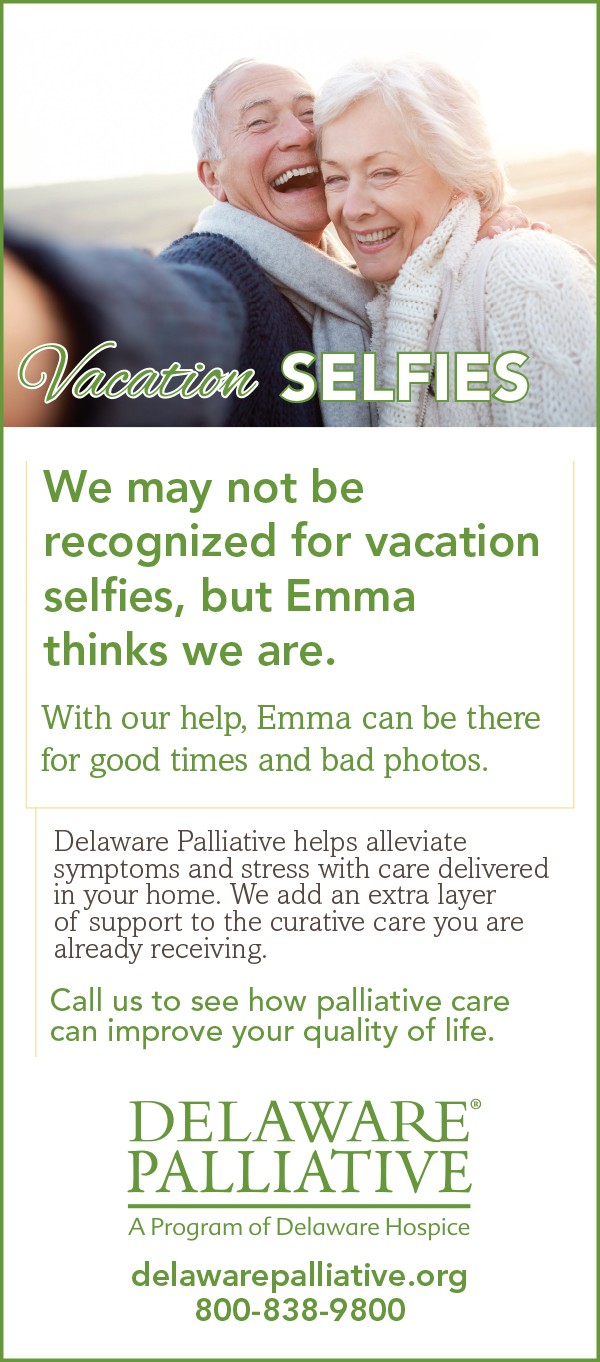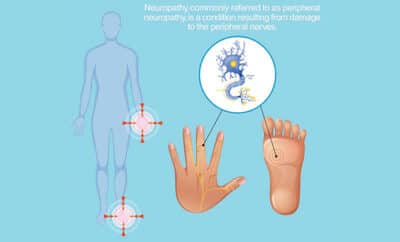We Wish We Had Known About Hospice Sooner
There are few words that cause more fear, or are more misunderstood, than “hospice.” Just mention the “h” word, and most people stop listening. Many have misconceptions about what hospice truly is.
Most of our patients and their families had little or no idea of what hospice actually was or what it involved until they came under Delaware Hospice’s care. But when they started witnessing the benefits of hospice care, the most common statement we hear is “we wish we had known about hospice sooner.”
In a living room in Lewes, Jerry and his wife meet their great-granddaughter for the first time. Later Jerry joins his family for a meal in the dining room. Would it be surprising to know Jerry is receiving hospice services from Delaware Hospice? Moments like these may seem ordinary to most but to Jerry and his family they are magical!
Hospice care provides time for special moments and lasting memories, while focusing on quality of time versus quantity. Every year more than 1.58 million people living with a life limiting illness receive care from US hospice agencies.
Hospice patients live, on average, 29 days longer than non-hospice patients. This is typical because the patient is in a familiar, comfortable environment – their home, assisted living, or skilled nursing facility. Their symptoms are being properly managed, needs are being met, not just the physical, but the psychosocial and spiritual as well. Patients may receive care longer than six months, depending on the disease. Some patients even graduate hospice care because their health improves!
Many people only consider hospice care in the final days of life. Hospice care is most beneficial when there is sufficient time to manage symptoms and establish a trusting relationship with both the patient and the family. Medicare, Medicaid, and most private insurance plans cover services fully. However, Delaware Hospice as a nonprofit, cares for everyone, regardless of their ability to pay.
An extended care team strives to accomplish personal goals when hospice care is elected. Delaware Hospice’s team includes a medical director, registered nurses, CNAs, social workers, chaplains, adult and child bereavement counselors, and volunteers. The team works under the direction of the patient’s own physician. There is also a positive impact on the family as they benefit from hospice services such as having supplies delivered, education on medications, and gained knowledge of what to expect in the months ahead. Volunteers provide extra support through companionship, help with errands, and breaks for the family caregiver.
A recent Gallup poll indicated that 9 out of 10 adults prefer to be in their own homes at the end of life, one of the very reasons hospice care improves quality of life. It is not surprising that hospice care has been shown to lower healthcare costs. A study by Duke University shows hospice care in America saves healthcare dollars and brings quality care to patients and their families. By helping patients get the care they need, hospice care helps avoid unnecessary tests, ER visits, and hospital stays. In fact, Delaware Hospice is a recognized leader in Delaware for their success in lowering hospital readmissions.
Hospice care is available to people of all ages with any life limiting illness. Just give Delaware Hospice a call for a free meeting to help determine the best program (Delaware Transitions, Delaware Palliative, Katybug, Delaware Hospice) for you or a loved one. Give us a call at 1-800-838-9800 or visit us at www.delawarehospice.org.





